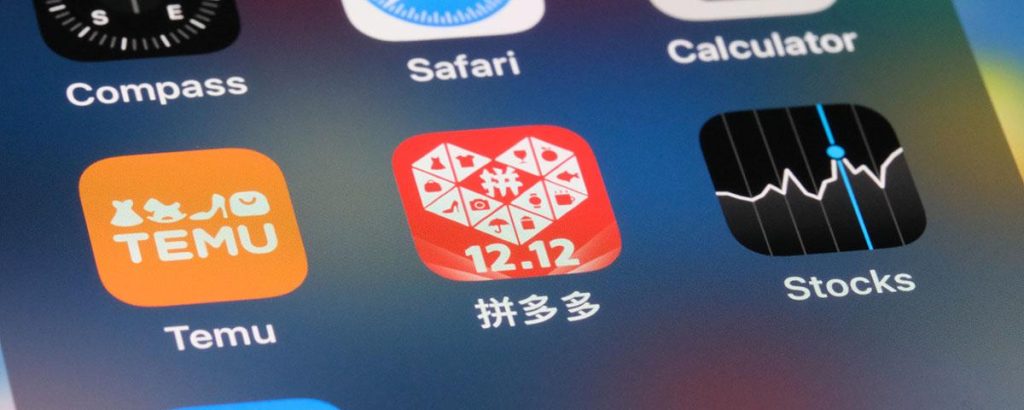E-commerce company PDD Holdings, which owns shopping apps Pinduoduo and Temu, surprised analysts with its Q1 2024 financial results, exceeding expectations by a large margin. The company’s adjusted net income and adjusted EPS were double what analysts had predicted. The lack of communication with analysts and shareholders may have contributed to the disparity between analyst models and the actual results. Despite previous accusations of fraud, PDD’s shares have seen a significant increase since the release of the financial results, outperforming the S&P 500 and Nasdaq 100.
PDD’s revenue grew by 131% to RMB 86.81B ($12.023B) from the previous year, beating analyst expectations. Additionally, adjusted net income increased by 202% to RMB 30.60 ($4.238B), surpassing analyst estimates. The company’s adjusted EPS also increased, reaching RMB 20.72 ($2.83). However, the lack of transparency regarding Temu’s results makes modeling challenging for analysts. Despite this, the company’s business focus on overseas users through Temu has been a key driver of its success.
Kuaishou Technology, an online short video and social platform, also surpassed analyst expectations with its Q1 financial results. The company saw an increase in daily and average users, as well as success in cross-selling via e-commerce. Additionally, Kuaishou spent HKD 1.63B buying back shares in Q1 2024. Revenue for the company increased by 16.6% to RMB 29.41B, while adjusted net income saw a significant increase of 10,347% to RMB 4.39B. Adjusted EPS also improved, reaching RMB 0.95 from a previous loss.
In the Asian equities market, stocks were mixed with Taiwan outperforming and Japan underperforming. Hong Kong-listed stocks experienced volatility, with the Hang Seng Tech Index seeing a small gain. PDD, Kuaishou, and Vipshop’s strong financial results helped lift US-listed China stocks. Mainland China saw slight gains, with solar names benefiting from new industry guidelines. Real estate was a top performer in both Mainland China and Hong Kong, following policy changes announced by Wuhan and Hefei City.
The Hang Seng and Hang Seng Tech indexes closed with a slight divergence, while Southbound Stock Connect volumes remained high. The Shanghai, Shenzhen, and STAR Board also saw gains, with value and small caps outperforming growth and large caps. Technology and real estate were top-performing sectors, while materials, consumer discretionary, and energy providers were among the worst-performing. Northbound Stock Connect volumes were moderate, with foreign investors buying a net $662 million worth of Mainland stocks.
Upcoming webinars and new content focusing on China’s stock market rally and US-China relations were announced. Last night’s exchange rates, prices, and yields showed minimal changes in CNY per USD and EUR, government bond yields, and commodity prices. Overall, the Asian equities market experienced mixed performance, with some sectors showing strength and others facing challenges.


